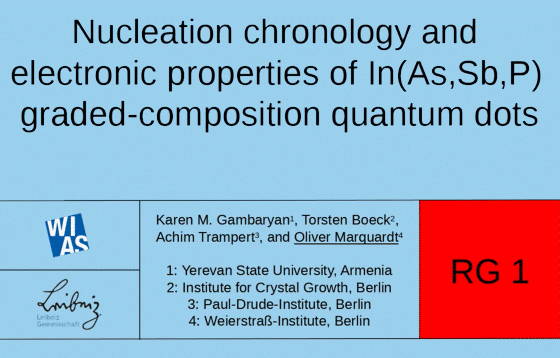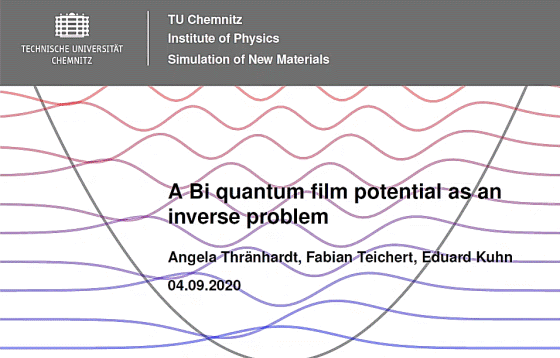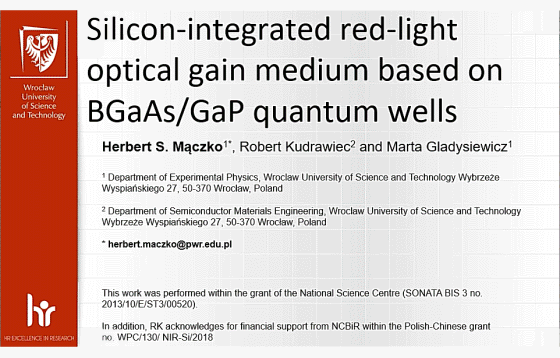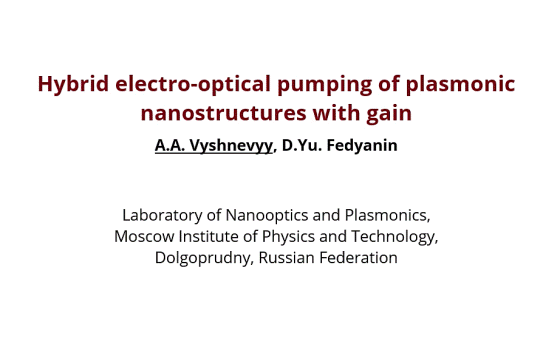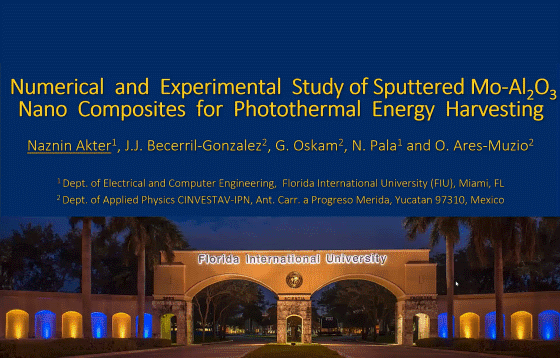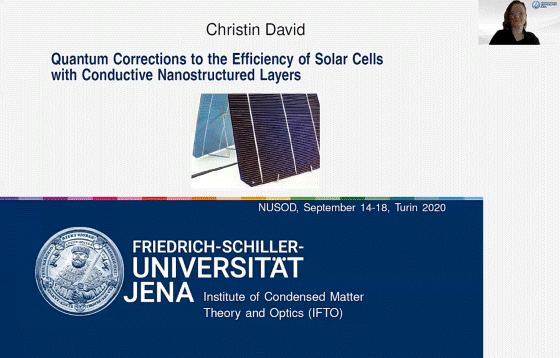N02–Nucleation chronology and electronic properties of In(As,Sb,P) graded-composition quantum dots
We have studied nucleation process and electronic properties of graded-composition quantum dots(GCQDs) grown from In-As-Sb-P in the liquid phase for application in mid-infrared devices like photoresistors or photoconductive cells. The GCQD ensemble exhibits diameters of 10 – 120 nm and heights of 2 – 20 nm. Compositional grading is a typical feature of quantum dots […]




